Dengue is a serious viral infection, transmitted by female Aedes aegypti mosquito. The incidence of dengue in the world is dramatically increased in recent decades. Dengue virus is transported from one place to another by infected travelers. In each year, the number of cases increases, the disease spreads to new areas, and more explosive outbreaks are occurring. Dengue is found in tropical and sub-tropical climates worldwide, mostly in urban and semi-urban areas. About half of the world’s population is now at risk.
Dengue viruses are the causative agents of dengue fever (DF) and dengue hemorrhagic fever. Dengue fever is a common communicable disease characterized by the occurrence of high fever, severe body aches, and intense headaches. The disease is quite severe in young children as compared to adults.
Being a tropical country, the incidence of Dengue fever is high in our country. In India, the incidence of Dengue increased by 500% in the last 2 decades. But surprisingly the number of deaths decreases gradually. This may be due to the overall improvement of the Indian health care system as well as the growing awareness of the patients.
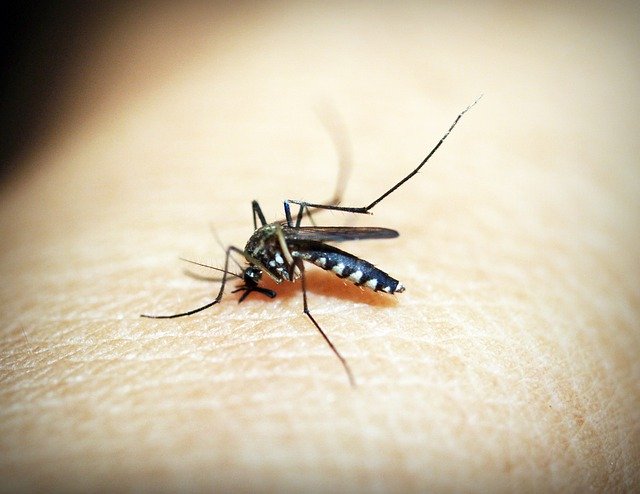
Frequently Asked questions
Q 1:In which period of the year the prevalence of Dengue is highest in India?
Ans: In India Dengue occurs more frequently in the rainy season and immediately afterward (July to October). The incidence of Dengue is in peak in the rainy season, because the number of mosquitoes increases in Monsoon.(1)
Q 2: How dengue is spread?
Ans: The Dengue virus is present in the blood of the Dengue patient. When an Aedes mosquito bites a patient and sucks his/her blood, the dengue virus enters into the body of the body. Then when the infected mosquito bites a normal human being, the virus is injected into the person’s body and he/she becomes infected. The first symptom of the disease appears in about 5-7 days after the infected mosquito bites a healthy person.
Q 3: Why Dengue is considered as Medical Emergency?
Ans: Dengue should always be treated as a medical emergency because-
- There is no specific treatment for dengue/ severe dengue, but early detection and access to proper medical care lowers fatality rates below 1%.
- Early recognition and prompt initiation of appropriate treatment are vital to reduce the severity of the symptoms and to prevent complications.
- Dengue patients frequently experience many complications like severe abdominal pain, persistent vomiting, rapid breathing, bleeding gums, fatigue, restlessness, and blood in vomit. which needs immediate medical attention.
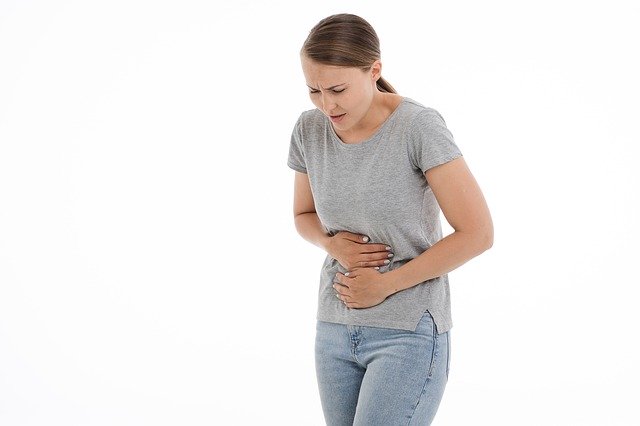
Q 4: Is hospitalization for the treatment of Dengue patients essential?
Ans: Dengue viruses are responsible for dengue fever (DF) and dengue hemorrhagic fever. Since dengue fever is usually a mild self-limiting disease, most patients can be treated at home. But for the treatment of dengue hemorrhagic fever, the patient should be hospitalized.
But if complications arise, hospitalization is also needed for the patients suffering from Dengue fever. The doctor may suggest hospitalization if the patient experience the following conditions-
- Bleeding
- Fever is not reduced even after paracetamol intake
- The patient becomes semi-conscious or unconscious
- Patients who cannot eat or drink due to extreme weakness should also be hospitalized.
- If the Dengue patient is suffering from other diseases like cardiac problems and/or anemia and/or obesity, they should be hospitalized.
- Infants (age <1 year) are at high risk of developing severe DHF, they are also required immediate hospitalization.
Q 5: Are antibiotics necessary for the treatment of Dengue patients?
Ans: Dengue is a self-limiting disease. There is no specific treatment for the Dengue viral infection. Antibiotic therapy is not useful for Dengue fever. Antibiotic therapy may even invite more complications of patients.
Q 6: What to do if the temperature of the Dengue patient remains high even after the administration of paracetamol?
Ans: If the temperature remains high despite the administration of paracetamol, a sponge bath is recommended.
Q 7:Administering of saline is necessary for Dengue patients?
Ans: For the moderately ill Dengue patients, administration of intravenous fluids is not necessary. But if the patient has complications like severe vomiting or dehydration, intravenous administration of fluids is needed.
Q 8: What are the warning signs of Dengue fever?
Ans: The warning signs of Dengue fever include
- Severe abdominal pain,
- persistent vomiting,
- rapid breathing,
- bleeding gums,
- fatigue,
- restlessness and
- blood in vomit etc.
The patient experiencing any of the above symptoms should immediately rush into the hospital, requiring immediate medical attention.

Q9: Why proper Diet is necessary for Dengue patients?
Ans: Dengue is a self-limiting disease. It is a serious flu-type viral infection. The symptoms are mild to moderate in some patients whereas these are severe in other Dengue patients.
Intake of a proper diet with the drinking of plenty of liquids is necessary for Dengue because a proper diet-
i. maintains better nutritional status
ii. increases appetite
iii. helps to maintain electrolyte balance
iv. rehydrates the body and prevents dehydration
v. reduces the severity of symptoms
vi. reduces the risk of serious complications
vii. ensure early recovery
viii. increases the platelet count
Q 10: What type of Diet is recommended for Dengue patients?
Ans: Initially liquid to soft diet is recommended for the patients. As the patient recovers gradually the diet should be changed to a more normal diet. It is found that the liquid diet is better tolerated than a normal diet. Small and frequent feeding is encouraged
Drinking plenty of water and fluid rich foods like buttermilk, chaas, fruit juices, vegetable soups, coconut water, etc. should be given to the patients. These liquid foods are better tolerated by patients. They ensure an adequate intake of fluids, minerals, vitamins, and antioxidants.
Soft drinks, alcoholic beverages, too hot tea, and coffee should be avoided. All fried foods and fatty foods should be omitted.
Q 11: Dengue can be prevented by Vaccination?
Ans: No, there is no vaccine is available for preventing dengue infection.
Q12: How Dengue can be prevented?
Ans: Female Aedes aegypti mosquitoes are the main culprit of spreading the disease, so Dengue can be prevented by controlling or killing the mosquitoes.
Q13: How can you prevent Dengue viral infection in your family?
Ans: Since there is no specific treatment and/ or vaccine is available against Dengue Fever, controlling the mosquito growth is the only way to prevent the spreading of Dengue. All of us should take preventive measures meticulously. Taking the following household measurements kills the mosquitoes and prevent the Dengue infection.
- Cover all the containers used for water storage.
- Emptying all the domestic water storage containers every week.
- Water from coolers and other small containers (plastic containers, buckets, used automobile tires, water coolers, pet watering containers, and flower vases) should be emptied at least once in 3-4 days.
- Wearing long-sleeved clothes reduces the risk of the mosquito bite.
- Fitting window screens prevent the entry of mosquito inside the house.
- Mosquito repellents, coils, vaporizers, etc. should be used to prevent mosquito bites.
- Sleeping, both at day and night time, use of mosquito net is mandatory.
- Appropriate insecticides should be applied to the water storage outdoor containers.
- Dengue patients should be kept carefully inside the mosquito net to prevent mosquito bites. This will prevent further spread of dengue to other persons in the house.
For more information, you may read the following articles
Fact sheet – Dengue and severe dengue, WHO 15 April 2019 Retrieved on August 25, 2019.
Evolving herbal formulations in management of dengue fever. Retrieved on August 25, 2019.
Prevention and control of dengue by diet therapy. Retrieved on August 25, 2019.

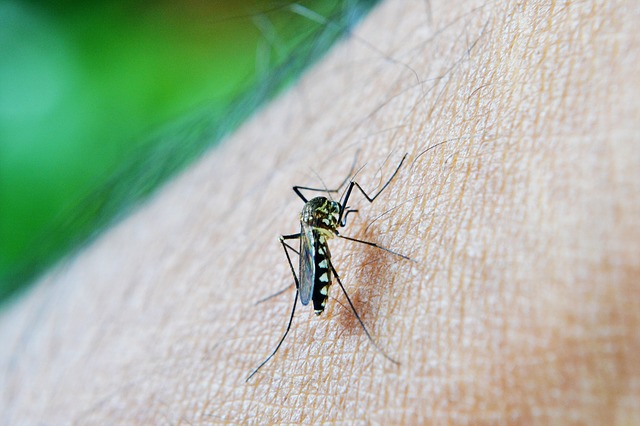
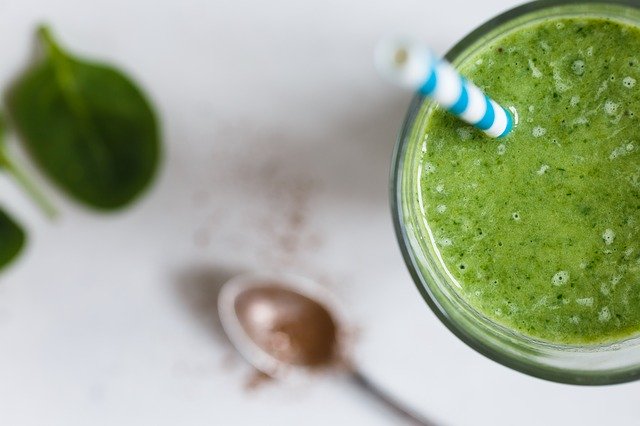
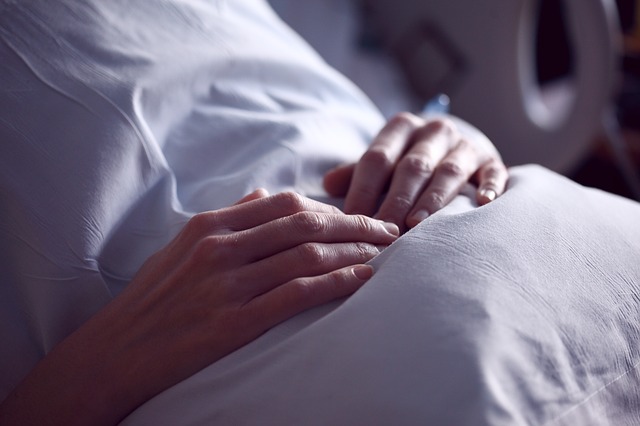


3 Comments